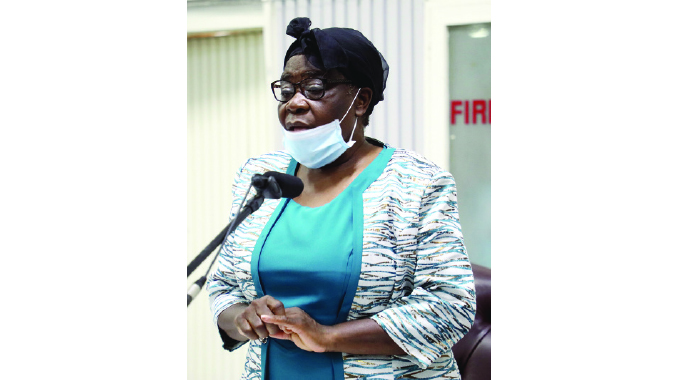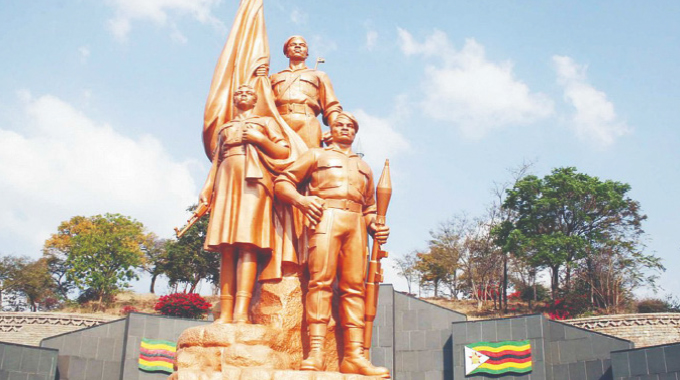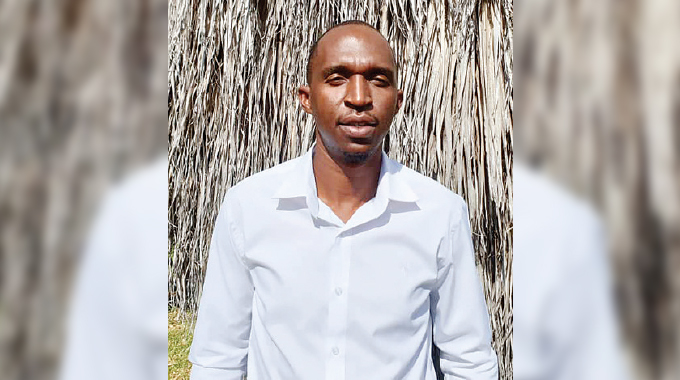Challenges faced by women who have children with a disability

Sukulwenkosi Dube-Matutu, Matabeleland South Bureau Chief
ONE of the greatest challenges some women have faced after giving birth to children with disability is being blamed for the condition of the children.
Many of the women have been rejected or abandoned by their husbands and cut off by their families leaving them with the responsibility of fending for their children with disability alone. This has weighed heavily on the mothers as having a child with a disability can be costly as it requires the use of assistive devices such as hearing aids, wheelchairs, artificial legs and others.
Having a child with a disability has also seen some mothers being subjected to insults by family and society. In some instances, people say the disability of a child is as a result of the mother’s adulterous behaviour. Others label children with disabilities as a sign of a curse. Despite all this, women try to brave it all and do all in their means to ensure their children live a normal life and get an education. As their children grow and interact with society, the mothers have to deal with the agony of seeing their children experience bad traits from others such as bullying and name calling.
Before they know it, the mothers find themselves having to deal with rejection at their personal capacity and a much bigger task of consoling and reassuring their children with disability.
The mothers see their children as a blessing from God, disability or not.
Ms Alice Moyo (19) from Jacaranda suburb in Gwanda has suffered rejection which has seen her having to fend for her child with albinism alone.
“I fell pregnant while I was doing my O-level and my mother and stepfather advised me to move in with my in-laws since I was carrying their child. My in-laws welcomed me in their home but everything changed after I gave birth. When I got home with the baby, my ex-boyfriend took her and went to talk to his parents in secret. He came back with his parents and they told me that the baby wasn’t one of them as they had never had such a child before,” said Ms Moyo.
She said she tried to explain that she had not slept with anyone other than their son and that it was not her fault that the baby had albinism.
Ms Moyo said her in-laws refused to entertain her and advised her to return to her mother with the baby. She tried to reason with the father of the child but he refused to entertain her and insisted that the matter was now in the hands of his parents and their decision was final.
Ms Moyo is now faced with the huge burden of fending for her child alone while the father of the child is still alive. She said when a child has a disability, he or she is left to be the responsibility of the mother. Ms Moyo said she loves her daughter and sees her as a blessing.
Mrs Dorrica Gumbo who has an eight-year-old child suffering from ostogenesis imprefecta (OI) is grateful to have support from her husband and family.
This is a genetic bone disorder that is present at birth. It is also known as brittle bone disease. A child born with OI may have soft bones that break (fracture) easily, bones that are not formed normally among other problems. OI prevents the body from building strong bones.
Mrs Gumbo said people are quick to blame the mother for the outcome of the child yet it was all in the hands of God.
“It’s so sad that in most cases, a woman is blamed for giving birth to a child with a disability. This can happen to anyone because it all lies in the hands of the Lord. In my case, I can’t pinpoint anything wrong I did but I accepted my child as a blessing from God,” she said.
Ms Brilliance Gumbi from Gwanda is the mother of a 10-year-old boy who is physically disabled. Her son uses an artificial leg and Ms Gumbi has taken it upon herself to ensure that her son gets an education.
Her son is a Grade Five pupil at St Christopher Primary School. Ms Gumbi said her greatest challenge had been ensuring that her son is comfortable and is able to move around with ease.
She said she had to support and reassure her son whenever he was teased or called names by others.
“He sometimes experiences bullying and name calling from his age-mates. Some children call him ‘‘one leg’’ and this really crushes his spirit. It pains me to see my child go through such but I have to remain emotionally strong for him. Sometimes I wish I could just keep him in the house in order to protect him but that won’t help him as he needs to live an ordinary life and interact with others,” said Ms Gumbi.
Director of Gwanda-based disability organisation, Nkomwa Foundation Trust which advocates for inclusion of people with disabilities, Mr Pick Nkomwa said there were many cases of mothers who are rejected by their families after giving birth to a child with a disability.
He said while others were not rejected, they had to deal with stigma adding that society still needs sensitisation on disability issues. Mr Nkomwa said community leaders had to play an active role in protecting those who were experiencing stigma as a result of disability.
“It’s concerning that women are still suffering so much after being blessed with a child with disability. There is need to utilise multiple platforms to sensitise various stakeholders such as church gatherings and community meetings. People have to come to the realisation that having a child with disability happens as God’s design. They also need to understand that instead of blaming the mother, they must rather support her and the child both emotionally and financially,” said Mr Nkomwa.
“A number of children with disabilities don’t have assistive devices such as wheelchairs, crutches or artificial legs because there is little support for the disability sector. Society is still unwelcoming to assist children with disability and in some cases, relatives are not forthcoming. In most cases, children with disability are regarded as useless hence no need to invest in their lives.”
Mr Nkomwa appealed to various development partners to assist in equipping children with disabilities with assistive devices in order to ease the burden they were facing. — @DubeMatutu












Comments